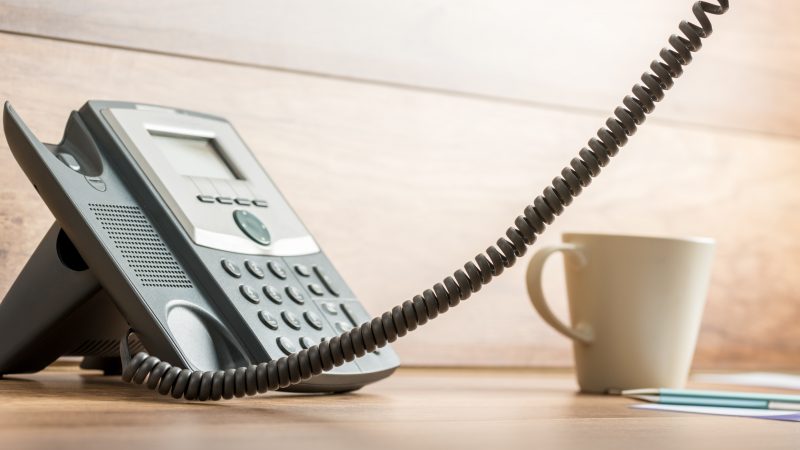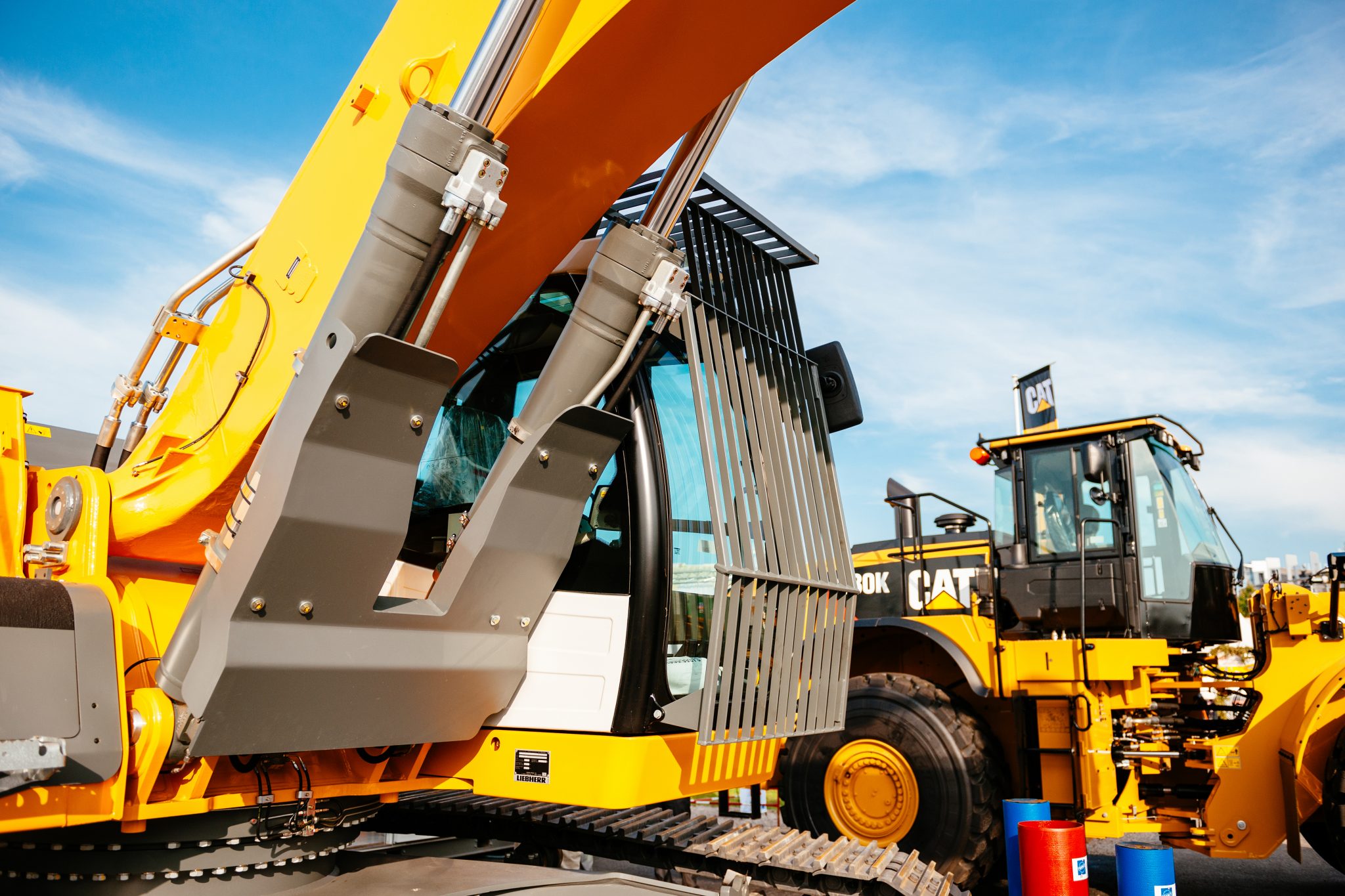When it comes to purchasing or maintaining hard assets, equipment financing is the go-to approach for most businesses, including start-ups, and medium-sized businesses. According to a study conducted by the Equipment Leasing and Finance Association, about 79% of U.S. companies use financing when purchasing new equipment, including loans, leases, and credit lines.
If you’re considering getting funding through equipment financing, you’ve come to the right place. In this piece, we’ll look into how you can get the best out of an equipment financing deal.
A Quick Overview of Equipment Financing
Equipment financing is a business financing variant where companies can access the capital that they need to purchase equipment. Primarily, the lenders use the equipment purchased as collateral for the loan. So, you can continue to access the asset as long as you service the loan.
If you default on the loan, the lender seizes the equipment and eventually sells it (or them) to offset your outstanding loan balance and make payments for any additional costs that you’ve incurred.
Equipment Financing vs. Leasing
Equipment financing and leasing are two great ways to acquire equipment. They both give you access to the hard assets you need, but they differ in the structure.
Equipment leasing occurs when a lender buys a piece of equipment from
a vendor and then lends it to you for a monthly fee. With equipment leasing, you don’t hold the title for the equipment. It belongs to the lender. Once the lease expires, you can renew your lease, return the equipment, or purchase the equipment.
An equipment lease is more suitable for hard assets that often require upgrading within a short period. However, there are some drawbacks to equipment leasing. One of them is the cost.
The monthly payments are sometimes more expensive in the long run compared with equipment financing. You also have an obligation to pay the entire lease term even if you stop using the equipment. In situations where the lender agrees to cancel the lease, you could be slammed with high cancelation fees.
With equipment financing, the lender provides part of the capital to purchase the equipment. The item purchased becomes the collateral to the loan. This form of financing is suitable for hard assets that retain their value over time—not those requiring regular upgrades. The business repays the loan, with interest, to the lender.
However, once the business repays the loan, according to the terms, the borrower would wholly own the equipment. Equipment financing is easier to qualify for than traditional loans because they are self-collateralized. The equipment being purchased secures the loan. This model is a form of a safety net that keeps lenders from losing everything when things go awry. If the borrower defaults, the lender can repossess the equipment and liquidate it.
When is Equipment Financing a Good Idea?
Deciding to go the equipment financing route goes beyond just needing new equipment. There are certain factors to consider before approaching a lender for financing. Here are some of them below.
- You Don’t Have the Cash Upfront
This is the primary reason most businesses get a business equipment loan. Hard assets are expensive to purchase, and for most businesses, it’s too much of a capital outlay to pay at once. Besides the cost of buying hard assets, some companies need growth capital to keep their daily operations intact. If your cash flow is weak, equipment financing would be a suitable option for your business.
- A Traditional Loan Is Looking More Difficult
A lot of paperwork usually goes into securing traditional loans. Sometimes, this difficult process could mean lengthy delays to your daily operations. The time to close for equipment financing is often shorter. Besides, traditional lenders often require collateral before providing equipment loans.
- Your Equipment Will Outlast the Lifespan of Your Loan
Equipment financing is perfect for purchases that will last years with no upgrades or serious maintenance. There’s no need to lease such equipment when you can finance them with a loan. On the other hand, businesses looking to purchase equipment that requires regular upgrades should opt for equipment leasing.
Benefits of Equipment Financing
If you’re looking to get new equipment but don’t have the means, here are a few reasons why your business should consider an equipment loan.
- Free Up Your Cash Flow
Cash flow for some businesses can be unpredictable and taking huge sums out of business could be detrimental in the long run. Compared to large one-time purchases, equipment financing preserves your working capital, preventing disruptions in the business’ daily operation.
- Enjoy Tax Benefits
The government also provides certain incentives for equipment financing through the tax code, enabling businesses to write off the total cost of equipment purchases. However, ensure you seek advice from credible tax consultants to better understand the potential tax benefits with equipment financing.
- Get the Latest Equipment
Equipment financing offers you the chance to buy the latest equipment available. This is an advantage if you operate in an industry where efficiency depends on adopting modern but expensive pieces of equipment. For instance, you don’t have to worry about the cost of that conveyor belt unit and forklift equipment with equipment financing.
- Fast Application Process
Applying to finance equipment is usually a painless process. You can quickly get the funding you need depending on the type of equipment you want to purchase within ten to thirty days.
Choosing the Right Lender for Equipment Financing
Overall, the speed of your equipment financing application depends on your lender. Some lenders also provide growth capital and equipment financing to help small businesses achieve their short-term goals, especially with the uncertainty of the current business climate. If you’re searching for an equipment financer, pitch your tent with a lender that understands your needs and has experience financing your type of equipment.
Apply for equipment financing through LQD Business Finance today.
- Blog








